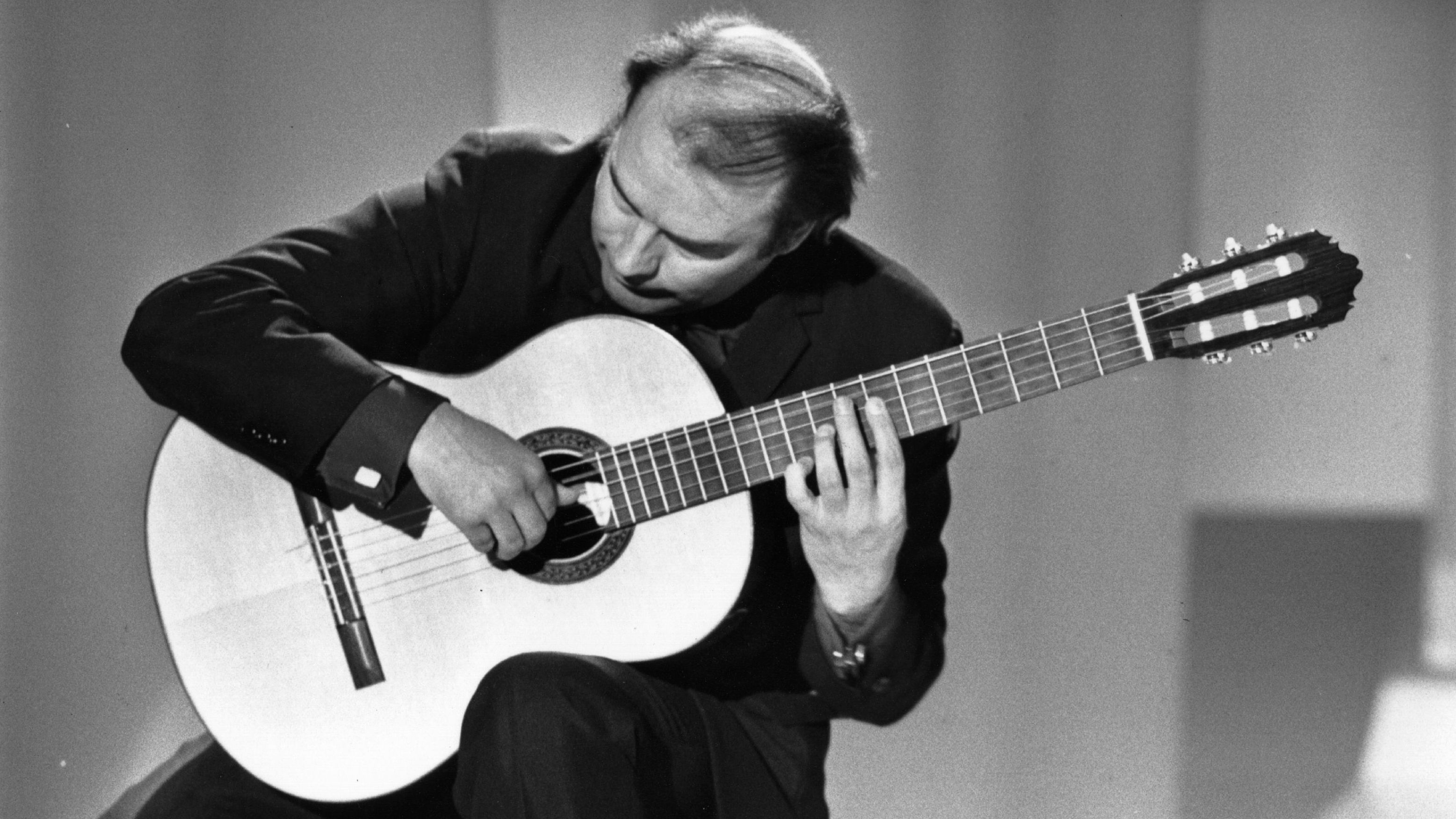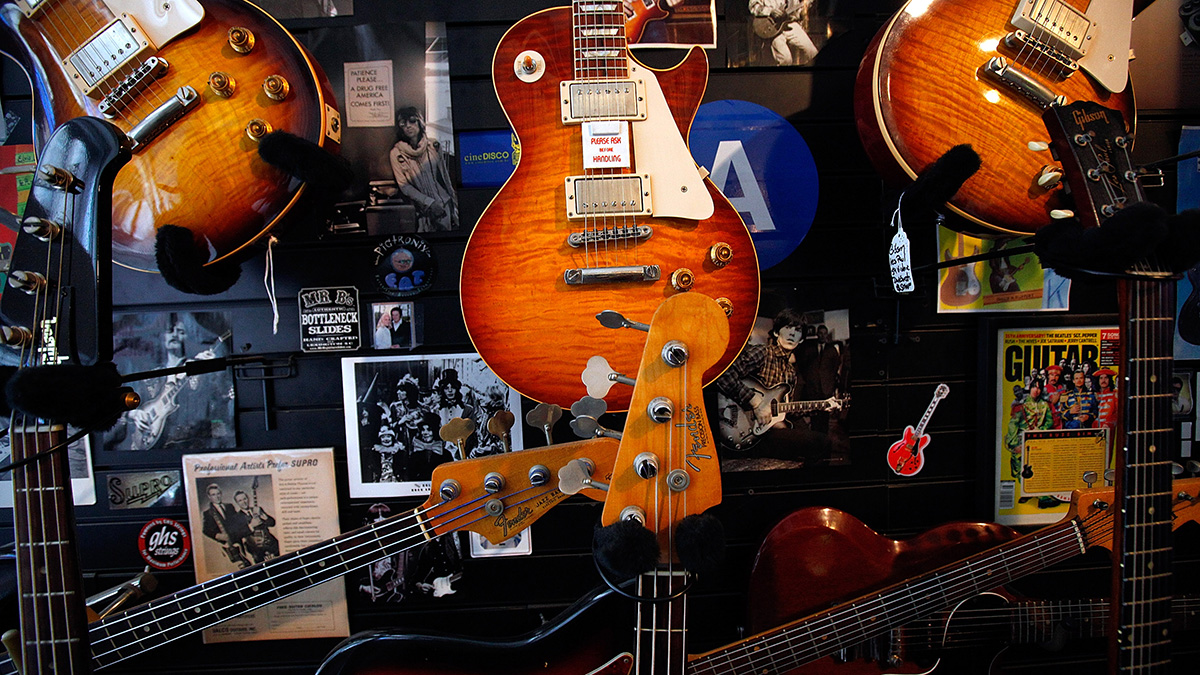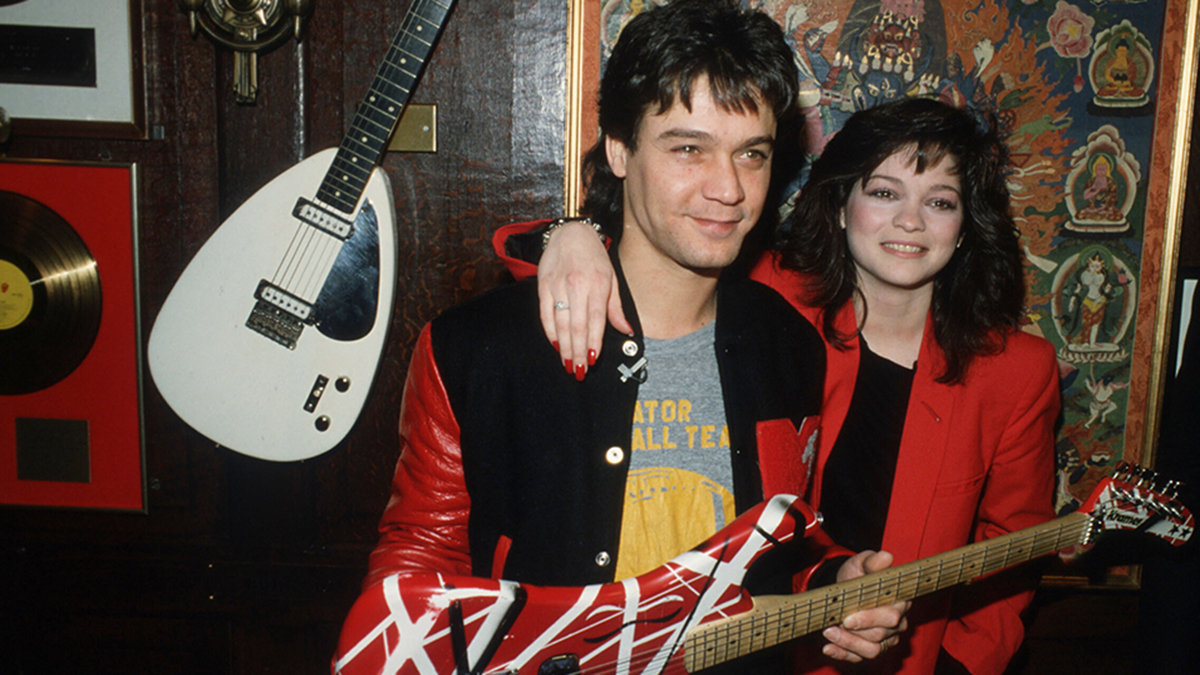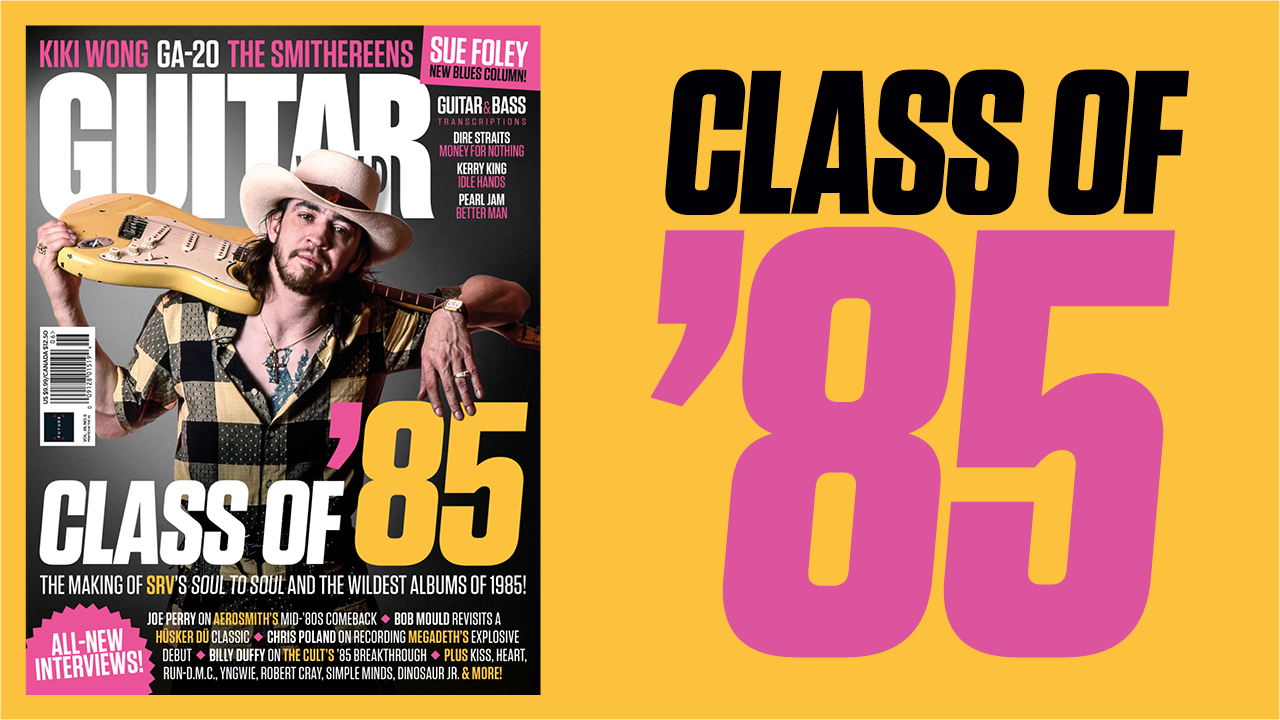Classical fingerstyle guitar master Julian Bream dies aged 87
The British virtuoso was the 20th century’s greatest exponent of classical guitar and lute music, bringing the forms into the greater public consciousness

British fingerstyle master Julian Bream, one of the greatest exponents of classical acoustic guitar, has died at the age of 87. His management company confirmed the news, saying he passed “peacefully at home.” No official cause of death has been given.
Bream was born in Battersea, England, on July 15, 1933. His father played jazz guitar and piano – Bream once recalled lying under the piano in "ecstasy" listening to him – and showed his son the basics of both. Mostly, however, Bream was self-taught on guitar, strumming along to dance music on the radio and instructional books from the likes of Eddie Lang.
Bream’s father gifted him a small gut-string guitar on his 11th birthday, and he soon became something of a prodigy – although first on piano. At 12 he won a junior exhibition award for piano, earning a scholarship to the Royal College of Music. The next year, he performed his debut guitar recital.
Around the same time, Bream was introduced to the lute, after his father purchased one from a sailor he came across on London’s Charing Cross Road. He gave it to his son, who restored it and, soon enough, mastered it.
In 1951, when he was just 18, Bream performed as a guitarist at famed London chamber music venue Wigmore Hall. The next year he was called into the Army for national service, but continued to play as a member of the Royal Artillery Band.
Following his service, he devoted himself to the guitar and lute fully, taking jobs doing commercial work and then forming, in the early 1960s, the Julian Bream Consort. With Bream on lute, the ensemble performed, and greatly revived public interest in, music of the Elizabethan era.
Bream also performed extensively as a guitarist, appearing throughout Europe and, by the late 1950s, the Far East, India and Australia. He would play everything from 17th century pieces to Bach arrangements to contemporary music that was often written specifically for him.
Get The Pick Newsletter
All the latest guitar news, interviews, lessons, reviews, deals and more, direct to your inbox!
One of these pieces, Benjamin Britten's Nocturnal After John Dowland, which the British composer wrote for Bream in 1963, helped to cement Bream’s reputation as an incredible fingerstyle talent, as well as raise the profile of classical guitar itself.
"The Nocturnal was very nearly beyond me,” Bream recalled to the Guardian in 2013 of the composition, itself a variation on John Dowland’s Come, Heavy Sleep. “I went to Robert Graves' house in Majorca and there, in the middle of an olive grove, he had a shepherd's hut where I retreated for 10 days to practice the Nocturnal. It was such a responsibility – to Ben [Britten], to myself, and to the guitar."
The success of the composition led to various other composers writing expressly for Bream, and throughout the ensuing decades he commenced a successful live and studio career, recording for RCA Victor and EMI Classics, winning two Grammy awards for Best Chamber Music Performance and two more for Best Classical Performance and cutting a series of duet records in collaboration with Australian virtuoso guitarist John Williams.
Bream continued playing into the early 2000s, though in 2011 he suffered a fall that resulted in his breaking both hips and injuring his left hand. When he turned 80, he told the Guardian, “The thing I feel a little annoyed about is that I know I'm a better musician than I was at 70, but I can't prove it."
That same year, he was honored with a lifetime achievement award at the Gramophone Classical Music Awards, as well as with a massive 43-disc box set of his work by Sony.
"I devoted my life to music for a reason," he said, "and the reason wasn't because I wanted to get on or make money, but to try to fulfill myself and also to give people pleasure. That's been my credo."
Rich is the co-author of the best-selling Nöthin' But a Good Time: The Uncensored History of the '80s Hard Rock Explosion. He is also a recording and performing musician, and a former editor of Guitar World magazine and executive editor of Guitar Aficionado magazine. He has authored several additional books, among them Kurt Cobain: Montage of Heck, the companion to the documentary of the same name.
“The Beyoncé effect is, in fact, real. I got a lot of traffic just from people checking the liner notes”: With three Grammy wins and plaudits from John Mayer, Justus West is one of modern session guitar’s MVPs – but it hasn’t been an easy ride
“You might laugh a little. The post office shipped your guitar to Jim Root”: This metal fan ordered a new guitar from Sweetwater – but it ended up with the Slipknot guitarist












